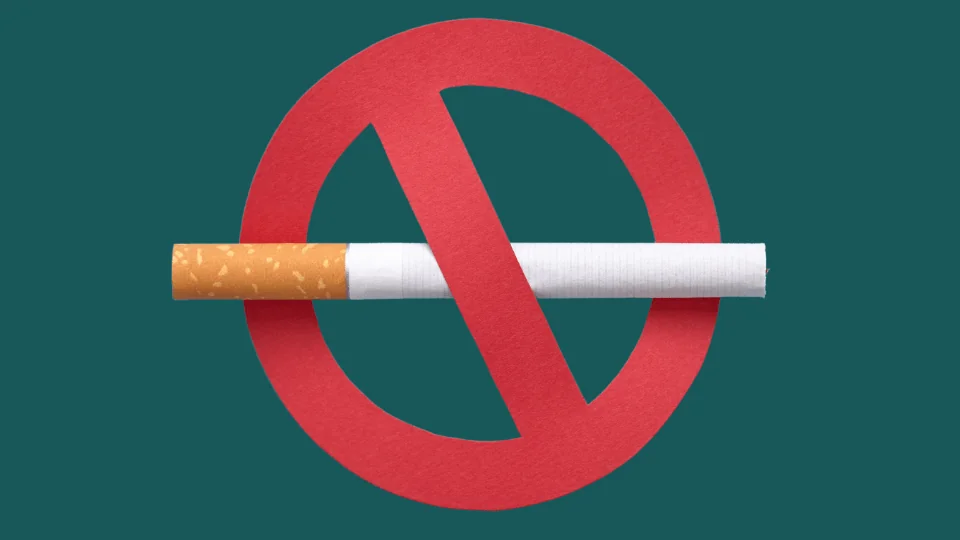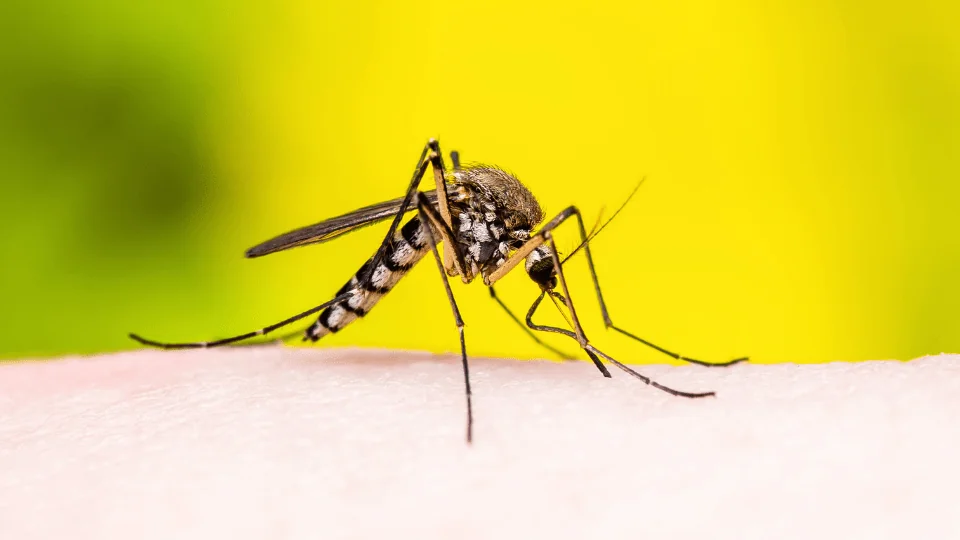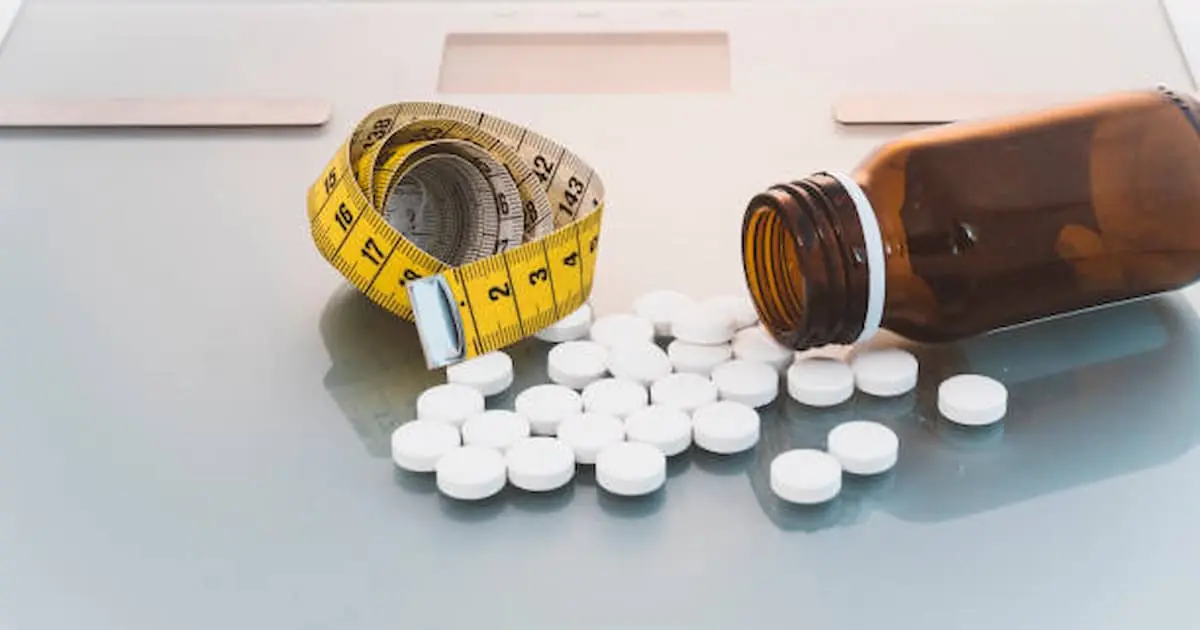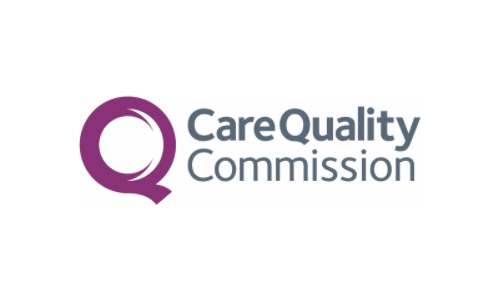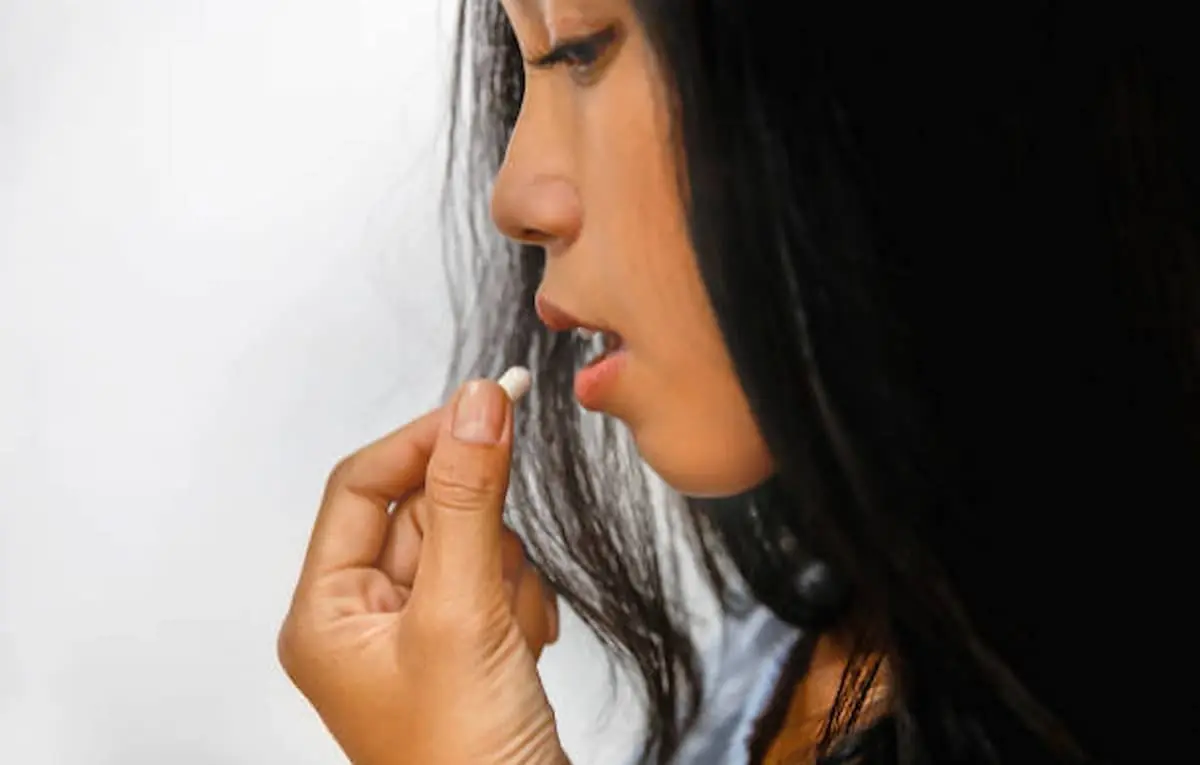
Discover the most reliable options for emergency contraception in Islington, including morning pills, IUDs and more. Also, learn about its efficacy, side effects, and where to get yours from if you require it.
What are the types of emergency contraceptives?
We understand that unplanned pregnancies can be stressful and difficult situations. But, there are options available to prevent pregnancy after unprotected sex.
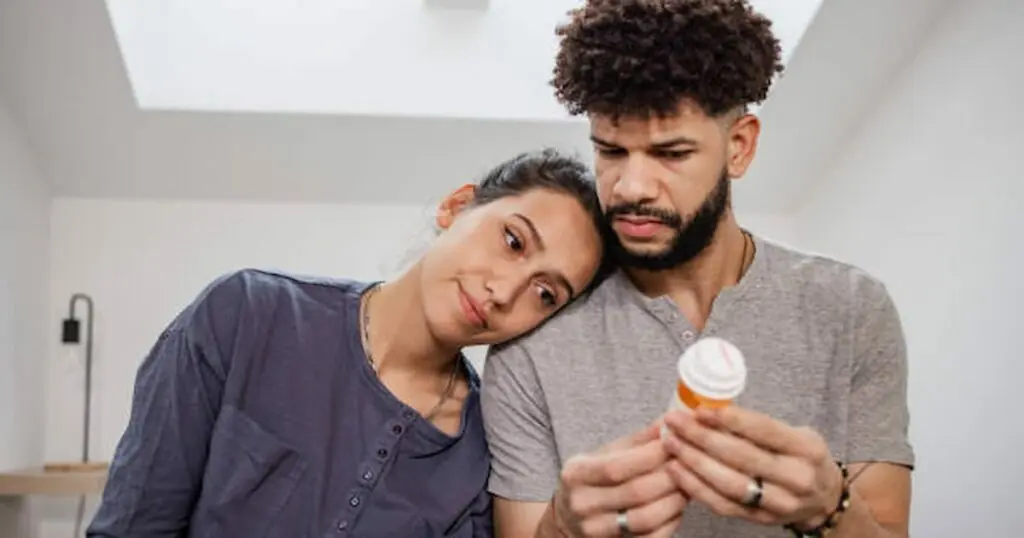
The most effective option at this time is emergency contraception. So, let’s explore the different types of emergency contraceptives available, to help you understand your options.
1. Emergency Contraceptive Pills (ECP)
ECPs, also known as the “morning-after pill,” work by delaying or inhibiting ovulation from preventing pregnancy.
We recommend you take these pills within 72 hours of unprotected sex. Meanwhile, the most common types of emergency contraceptive pills include:
- Levonorgestrel – It is a hormone that stops or delays ovulation
- Ulipristal acetate – It works by preventing the release of an egg from the ovary.
Considering these pills mentioned above, you might not need a prescription and can get them from any nearest pharmacy.
2. Copper Intrauterine Device (IUD)
The copper IUD is another highly effective form of emergency contraception. It works by inserting a copper device into the uterus up to five days after unprotected sex.
Moreover, the copper in the intrauterine device works to prevent fertilization. Plus, it can also be used as a long-term form of contraception.
3. Emergency Contraceptive Injection
Another effective option is an emergency contraceptive injection, also known as the depot injection. A doctor may give you this injection up to five days after unprotected sex for better results.
While the injection works by delaying ovulation to prevent pregnancy, you may need to consult a doctor to know its potential side effects.
Nevertheless, it’s important to note that emergency contraceptives are not the same as a regular form of birth control. Instead, it would be best if you only used them for emergencies.
How long after unprotected sex does emergency contraception work?
Research recommends taking Emergency contraception up to 72 hours (3 days) after unprotected sex. However, it’s most effective if taken as soon as possible after unprotected sex. Thus, the sooner you take the morning-after pill, the more effective it is in preventing pregnancy.
In addition, it is essential to understand that the morning-after pill does not protect against sexually transmitted infections (STIs). Therefore, it is important to consider getting yourself tested regularly if you have any concerns.
When should I take emergency contraception?
Women must consider emergency contraception as soon as possible after unprotected sex or contraceptive failure. However, emergency contraception is not the same as regular birth control; rather, it’s a backup method that may prevent pregnancy if taken within 72-120 hours.

The effectiveness of your emergency contraception after having unprotected sex mainly depends on the following factors:
- The type of emergency contraception used
- The time when you took the contraception
- Your health condition.
Besides, if you’re unsure about your contraceptive options or when to take emergency contraception, we recommend you consult a healthcare provider to guide you.
In the meantime, taking emergency contraception promptly can greatly reduce the chances of pregnancy and help you take control of your reproductive health.
I just had unprotected sex; what do I do?
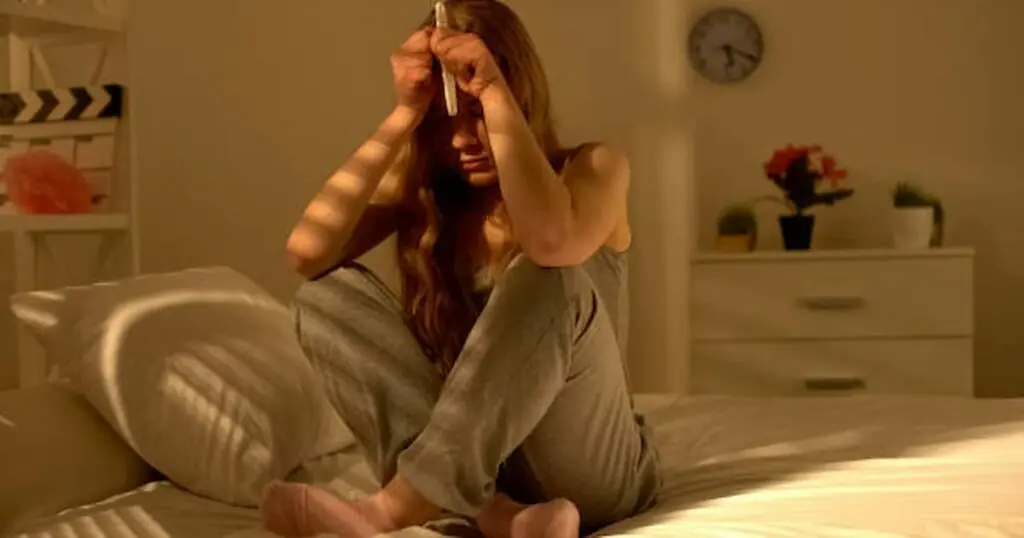
If you just had unprotected sex, it’s important to take action quickly to reduce your risk of pregnancy. You may consider emergency contraception or other methods to prevent pregnancy as soon as possible.

